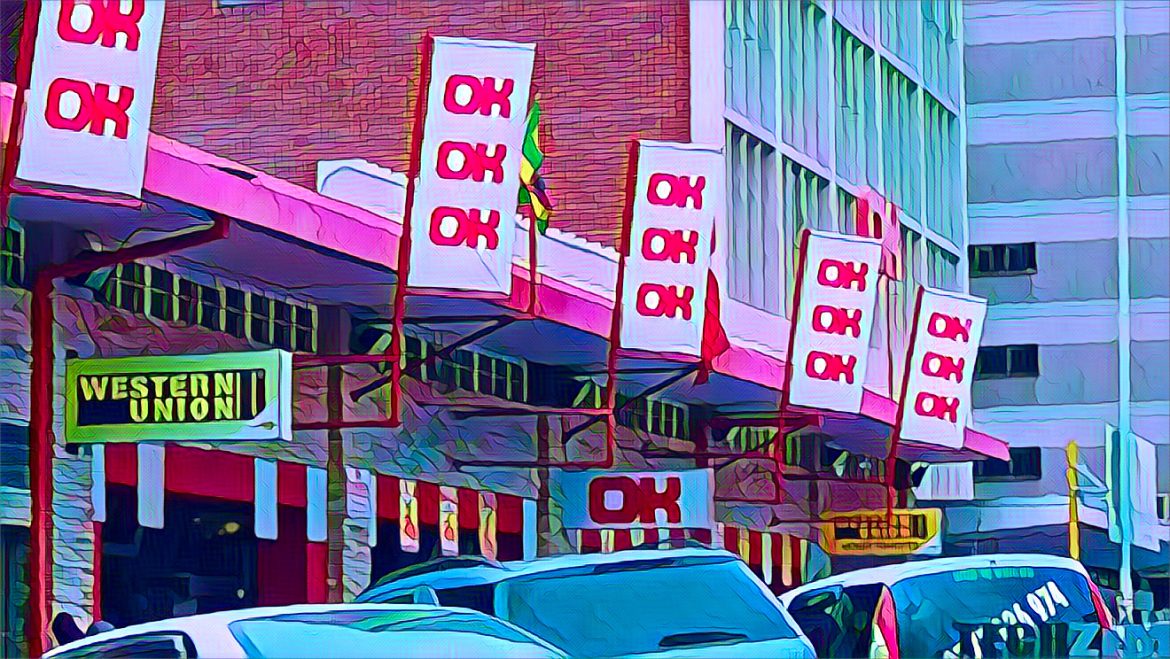Zimbabwe Gold (ZWG) has caused a major change in the income structure of OK Zimbabwe, a major retailer, marking a major shift in events in Zimbabwe’s economic situation. The implementation of ZWG, a measure intended to stabilize Zimbabwe’s currency circumstances, has begun to have noticeable consequences on companies all throughout the country.
Previously, the Zimbabwe dollar (ZWL) had seen a sharp decline in value since its re-entry into the market in June 2019, leading to its eventual discontinuation on April 5, replaced by the ZWG. This change was part of a broader economic strategy by the Reserve Bank of Zimbabwe to enhance currency stability. The bank took decisive steps, including the arrest of illicit foreign currency traders and imposing hefty fines on companies operating with unauthorized exchange rates.
Local financial institutions were also directed to tighten their customer verification processes to prevent excessive circulation of the new currency. Moreover, the Treasury now requires taxes to be paid in a 50/50 mix of ZWG and foreign currency, a policy aimed at bolstering the use of the domestic currency.
This situation has compelled businesses like OK Zimbabwe to adapt rapidly. According to Herbert Nkala, chairman of OK Zimbabwe, the switch to ZWG has notably decreased the collection of foreign currencies, a trend seen since the conclusion of their last financial year. Nkala shared these insights in the group’s financial statement for the year ending March 31, 2024, underscoring a pivotal shift in the economic practices within the nation.
Despite the currency transition, OK Zimbabwe has not merely been reactive but proactive, implementing strategies aimed at recovering and boosting sales volumes. “The business intends to sustain this volume growth trajectory through consistent availability of product, continuance of the fair price campaigns, and other key volume recovery initiatives,” Nkala stated.
He expressed optimism about the future business landscape, highlighting the company’s commitment to innovation and long-term value creation for stakeholders. While the company reported a 29.4% growth in revenue reaching ZWL$12.4 trillion, up from ZWL$9.5 trillion the previous year, Nkala described the growth as subdued, attributing it to market pricing distortions.
The period also saw a significant increase in operating costs, which more than doubled, driven by rising energy, utilities, and property operating costs. The increase in utility tariffs by providers such as Zesa and local municipal authorities has notably impacted the cost structure of businesses, further compounded by erratic power supplies necessitating reliance on generators.
However, amidst these challenges, OK Zimbabwe reported a substantial 482.4% increase in profit after tax, which stood at ZWL$931 billion, boosted by a net monetary gain of ZWL$2.94 trillion. The company remained well-capitalized, maintaining a healthy ratio of ZWL$1.15 for every dollar of debt by the end of the review period.


